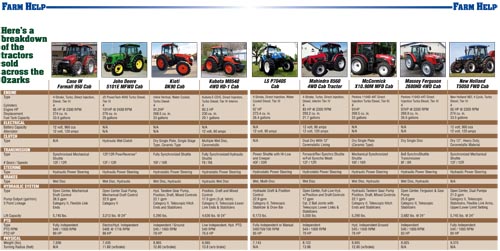Farmers today are adding even more duties to their job description, as they are incorporating savvy marketing to capture more of the food dollar through value-added agriculture.
A producer or farm adds more value to raw agricultural goods by smoking, packaging, distributing, weaving, labeling, processing, cooking and so forth. By doing so, a farm can open new markets, expand their season, establish a farm identity and offer a larger return on investment.
According to Stewart Smith’s “Is There Farming in Agriculture’s Future?” the producer’s share of the food dollar has seen a steady decline since 1900. But, farmers are attempting to reverse the decline by engaging in direct marketing of value-added products such as cut flowers, jams and jellies, pasture beef, chicken and pork, hanging baskets, agritourism, creameries, soaps and lotions and a list of other products.
The farmers that enter this type of market typically relish constant contact with consumers and sell products at farmers’ markets, through community supported agriculture (CSA), restaurants, institutions, grocery stores, by mail order and online.
Producers launching new value-added enterprises will have a learning curve to overcome in the areas of food safety, regulations, liability, marketing and production. Plus, a farm must ensure their product(s) are ready for the market before showcasing to the consumer.
Cody Hopkins, of Falling Sky Farm, in Marshall, Ark., noted, “Our challenges have not been in creating quality products. The challenge is finding avenues to get your product to the customer, and get the word out about these products. We’ve had an overwhelming response from people very excited to get our products, but nine times out of ten people don’t know how to source local food. It’s not quite as convenient as going to a grocery store.”
Hopkins has overcome this problem at his farm using traditional and innovative approaches. “What’s working well for us is farmer’s markets, direct sales off the farm, we sell quite a bit to restaurants, and we’ve started an online farmers market,” Hopkins added.
National Sustainable Agriculture Information Service keys to success:
1. Start small and grow naturally
2. Make decisions based on good records
3. Create a high-quality product
4. Follow demand-driven production
5. Get the whole family or partners involved
6. Stay informed
7. Plan for the future
8. Evaluate continuously
9. Persevere
10. Capitalize adequately
11. Focus
12. Establish a loyal customer base
13. Choose something you love to do.






